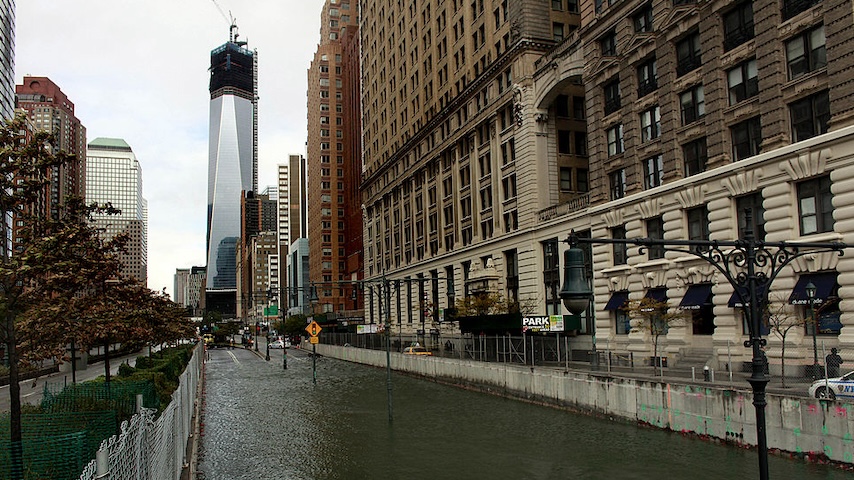Climate Change Will Not Spare the Rich
Photo by Allison Joyce/Getty Images
It is a tragic cliche at this point that climate change will affect the poorest and most vulnerable people the most. It is also undeniably true, with the increasing heat stress, flooding and altered precipitation patterns, agricultural pressure, and more falling most heavily on the people both least responsible and with the least resources to adapt and survive. This fact, though, does not mean the rich of the world are safe.
A new study underlines this fact, examining the impacts of temperature and precipitation variability and extremes in particular on the disruption to production and trade of goods around the world. They found, unsurprisingly, that it is the most poverty-stricken that face the greatest risk from such disruptions. But as the planet warms further, the increase in risk actually falls heaviest on those swimming in money rather than floodwater.
-

-

-

-

-

-

-

-

-

-

-

-

-

-

-

-

-

-

-

-

-

-

-

-

-

-

-

-

-

-

-

-

-

-

-

-

-

-

-

-

-

-

-

-

-

-

-

-

-

-

-

-

-

-

-

-

-

-

-

-

-

-

-

-

-

-

-

-

-

-

-

-

-

-

-

-

-

-

-

-

-

-

-

-

-

-

-

-

-

-

-

-

-

-

-

-

-

-

-

-

-

-

-

-

-

-

-

-












































































































